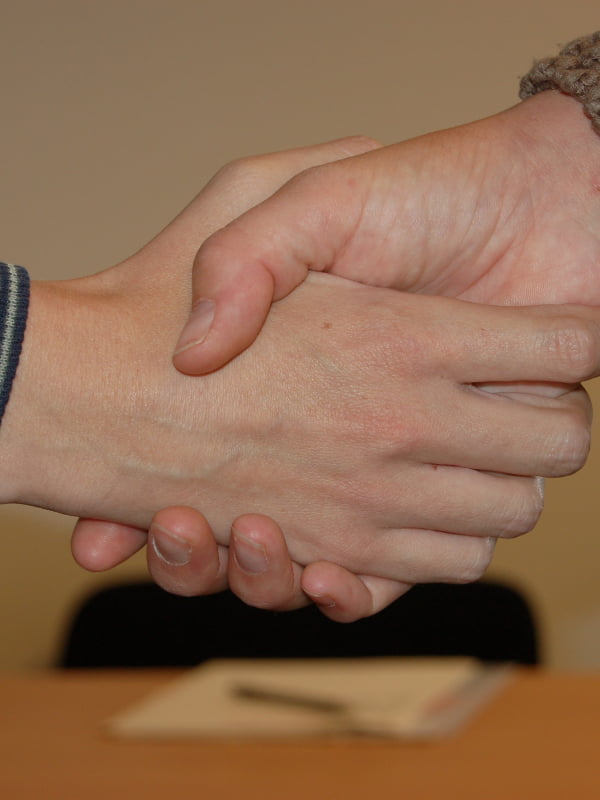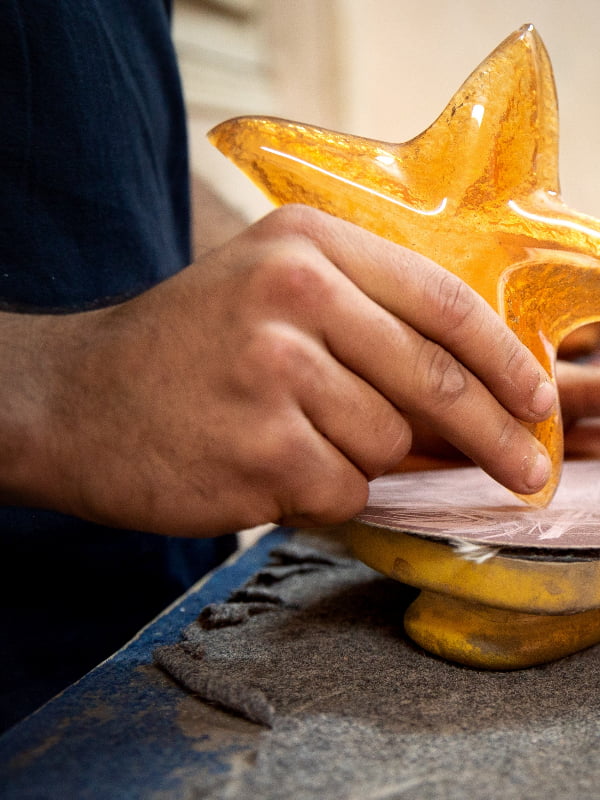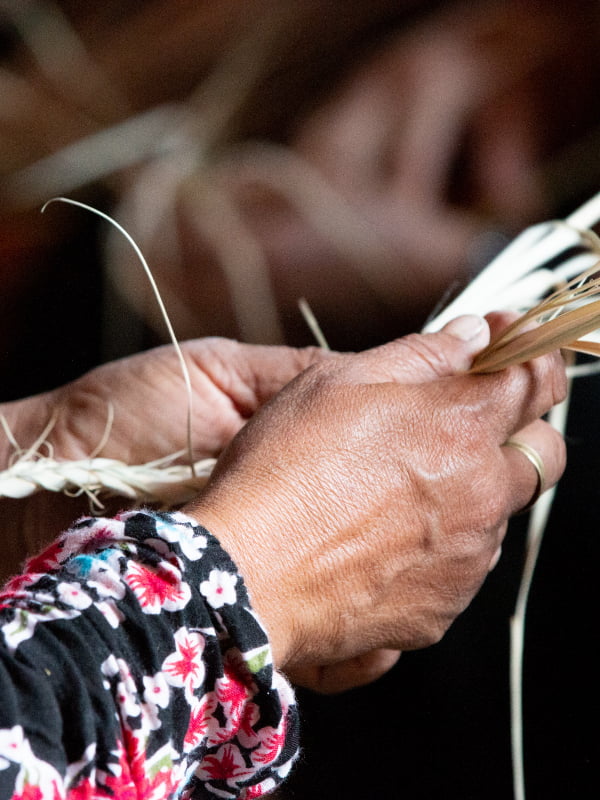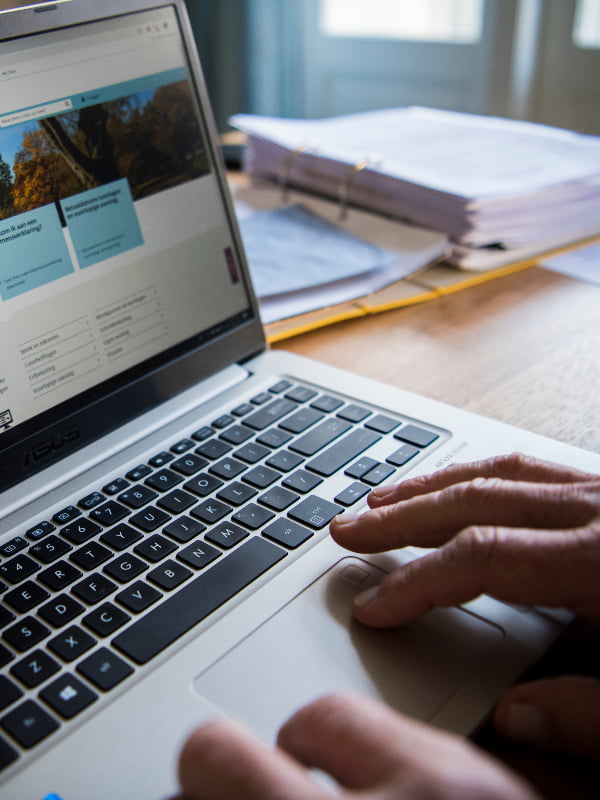Employees' inventions
For the independent inventor, the situation is clear. If he wants to protect his invention against imitation by others, he can apply for a patent.
His name will be given to the patent as both the applicant and the inventor. If the invention is brought on the market and proves to be a success, all revenue from it will accrue to him.
Accidental inventions
For inventors and employees in employment who come up with an invention 'by chance', the situation is different. They may have to deal with questions such as:
- Am I, as an employee, entitled to apply for a patent myself?
- Will my name be stated on the patent?
- Am I entitled to extra remuneration if the invention is a commercial success for my employer?
Agreement in the employment contract
The employer and employee can make agreements on the party in whose name the patent will be held if the employee makes an invention. These agreements must be laid down in writing. Often a waiver clause is included in an employment contract, as a result of which each invention that is made by the employee passes to the employer. This makes it absolutely clear and undisputable who is entitled to the patent rights and disputes on the matter are avoided. If, therefore, an inventor in employment believes he has a right to a patent, it would be advisable for him to examine his employment contract first to see whether any previous agreements have been made with the employer.
Job description
Should no agreements have been made, the employee's job description will be decisive. If the job description states that it is the employee's task to carry out research and come up with inventions, the Patent Act 1995 stipulates that the employer is entitled to apply for a patent on the invention. This also applies to inventions that have been made by several employees.
Exceptions
There are a number of exceptions to this principal rule:
- If an employee has not been taken on to carry out research and make inventions, but nevertheless does make an invention, the patent right accrues to the employee (e.g. a bookkeeper who makes an invention in shipbuilding).
- If an inventor in employment makes an invention in an area other than that for which he has been employed, he receives the patent rights (e.g. an inventor of milking machines who develops a warning mechanism for pedestrian traffic lights).
Questions about patents?
If you need more information on how to apply for a patent in the Netherlands, please contact the public information office.
- Ministry of Economic Affairs



